
McGraw Hill has expanded its lineup of ALEKS digital learning products with ALEKS for Calculus, bringing AI-powered personalized learning support to the calculus classroom.

Microsoft has unveiled a public‑preview of its collaborative agents in Microsoft 365 Copilot, bringing a suite of "always‑on" agents grounded in context for channels, meetings, SharePoint sites, Viva Engage communities, and Planner workloads.
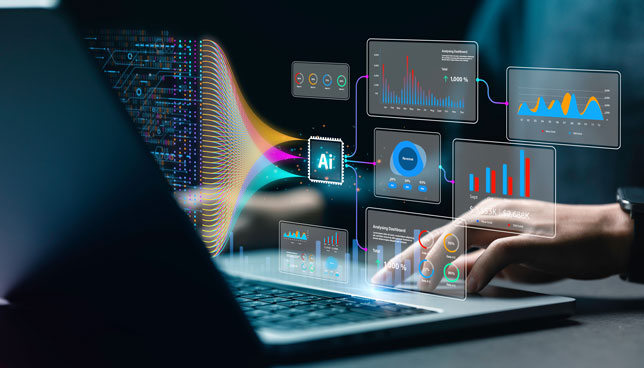
Adoption of AI tools is growing quickly but remains uneven across countries and industries, with higher-income economies using them far more per person and companies favoring automated deployments over collaborative ones, according to a recent study released by Anthropic.

At a time when higher education is being asked to do more with less, online program management partnerships can be the difference between simply surviving and truly thriving.
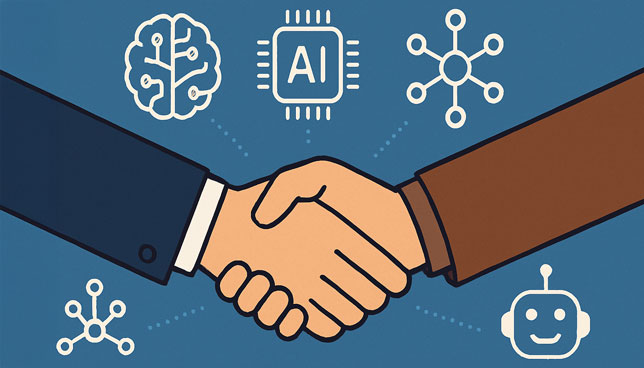
At the Sept. 4 meeting of the White House Task Force on Artificial Intelligence Education, Microsoft and Amazon unveiled new commitments to expanding AI education and skills training.
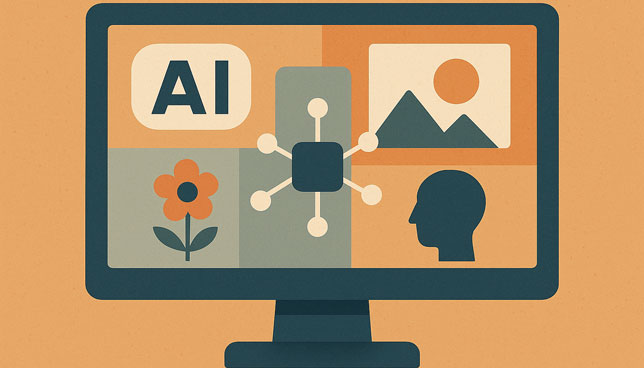
Google has introduced Gemini 2.5 Flash Image, marking a significant advancement in artificial intelligence systems that can understand and manipulate visual content through natural language processing.

Amazon Web Services (AWS) and DeepBrain AI have introduced AI Detector, an enterprise-grade solution designed to identify and manage AI-generated content across multiple media types. The collaboration targets organizations in government, finance, media, law, and education sectors that need to validate content authenticity at scale.
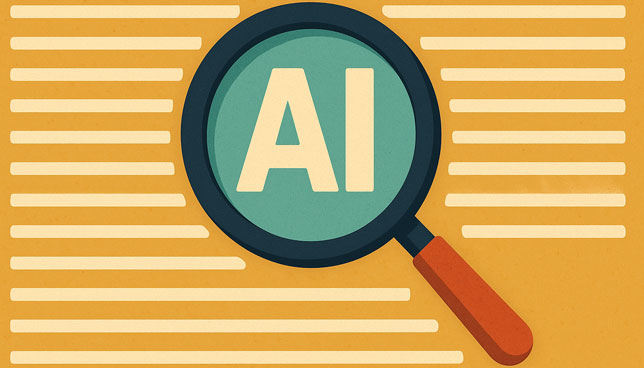
Academic integrity solution provider Turnitin has expanded its AI writing detection capabilities with AI bypasser detection, a feature designed to help identify text that has been modified by AI humanizer tools.

A new report from Anthropic provides insights into how higher education faculty are using generative AI, both in and out of the classroom.
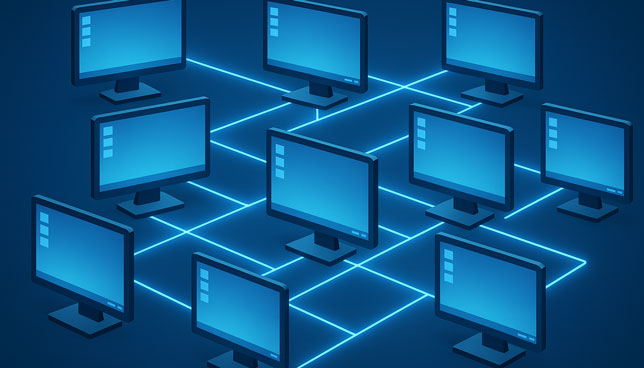
Gartner's 2025 Magic Quadrant for Desktop as a Service reveals that while secure remote access remains a key driver of DaaS adoption, a growing number of deployments now focus on broader efficiency goals.